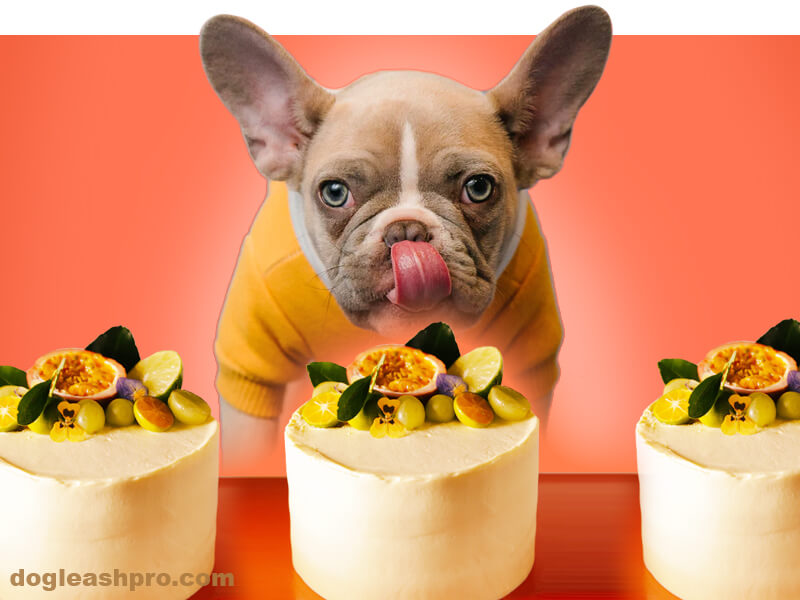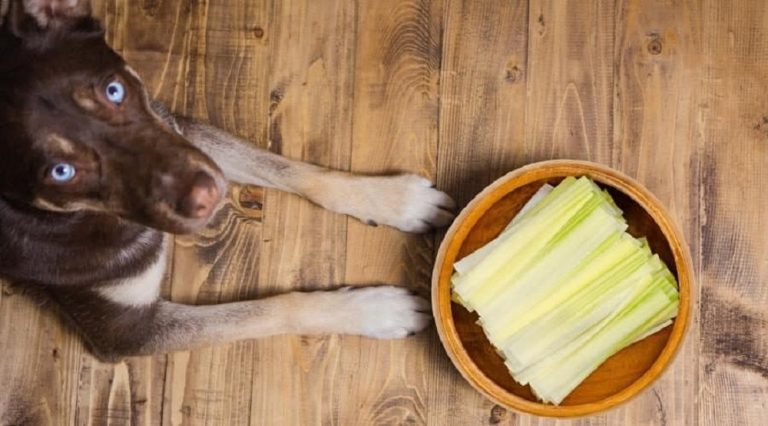Can Dogs Eat Custard Creams?
The short answer is no, dogs should not eat custard creams. Custard creams contain high levels of sugar and fat which can be harmful to dogs. In addition, the cream filling can cause an upset stomach or even diarrhea in some dogs.
If you want to give your dog a special treat, there are plenty of canine-friendly options out there that will be safer and just as tasty for them!
What Happens If Dogs Eat Cream?
Dogs can consume small amounts of plain, unsweetened, and unflavored cream occasionally without significant issues. However, you should be cautious, as some dogs can be lactose intolerant or have dairy allergies, which may lead to gastrointestinal upset if they consume dairy products.
Here’s what might happen if a dog eats cream:
Gastrointestinal Upset: The most common reaction to dairy products in dogs is gastrointestinal upset, which can include symptoms like diarrhea, vomiting, and stomach cramps.
Lactose Intolerance: Many dogs, like some people, are lactose intolerant, meaning they lack the enzyme needed to digest lactose, a sugar found in milk and dairy products. This can result in more severe gastrointestinal symptoms if they consume cream or other dairy products.
Allergic Reactions: In some rare cases, dogs can be allergic to dairy products, which can lead to more severe symptoms such as itching, skin rashes, and swelling.
Pancreatitis: High-fat dairy products like cream can trigger pancreatitis in dogs, which is a serious and painful inflammation of the pancreas.
Obesity: Cream is high in fat and calories, and if given in excessive amounts, it can contribute to obesity in dogs, which can lead to various health issues.
If you suspect your dog has consumed cream or another dairy product and displays signs of discomfort or illness, it’s best to consult your veterinarian. They can provide guidance and recommend appropriate treatment based on the severity of the symptoms.
Risks Associated with Custard Creams for Dogs
Custard creams are not a suitable treat for dogs and can pose several risks if consumed in significant quantities. These risks include:
Lactose Intolerance: Custard is a dairy product, and many dogs are lactose intolerant, meaning they lack the enzyme needed to digest lactose, a sugar found in milk and dairy products. Consumption of custard can lead to gastrointestinal upset, including symptoms like diarrhea, vomiting, and abdominal discomfort.
High Sugar Content: Custard often contains a high amount of sugar, which can be harmful to dogs. Excessive sugar consumption can lead to obesity, dental problems, and an increased risk of diabetes.
High Fat Content: Custard can be rich in fat, which can contribute to pancreatitis in dogs. Pancreatitis is a painful and potentially life-threatening condition characterized by inflammation of the pancreas.
Xylitol Contamination: Some custard products may contain xylitol, a sugar substitute that is toxic to dogs. Xylitol can lead to a rapid release of insulin, causing a dangerous drop in blood sugar levels (hypoglycemia), seizures, and liver failure.
Artificial Additives: Custard may contain artificial additives, flavorings, and colorings that are not suitable for dogs and can potentially cause adverse reactions.
Weight Gain and Obesity: Feeding your dog custard regularly or in large amounts can lead to weight gain and obesity, which can increase the risk of various health problems, including joint issues and heart disease.
It’s important to avoid giving custard creams or any human desserts to your dog, as they are not formulated for a dog’s dietary needs. Instead, offer your dog safe and dog-friendly treats in moderation.
Can Dogs Eat Fresh Custard?
If you want to treat your dog to something special, it’s better to offer dog-friendly treats designed specifically for their dietary needs. If you do decide to give your dog a small taste of fresh custard as an occasional treat, monitor them for any signs of digestive upset or other adverse reactions.
It’s important to consult your veterinarian before making significant changes to your dog’s diet or introducing new foods or treats, especially if you have concerns about their tolerance for dairy products.
Can Dogs Eat Custard Tarts?
Custard tarts are a delicious dessert that can be enjoyed by people and dogs alike. However, there are a few things to keep in mind when feeding your dog custard tarts. The first thing to consider is the ingredients in the custard tart.
Most custard tarts contain milk, eggs, sugar, and flour. While these ingredients are safe for dogs to eat, they can cause digestive upset if your dog eats too much of them. It’s important to give your dog only a small piece of custard tart and to monitor their digestion afterward.
Another thing to consider is the topping on the custard tart. Many custard tarts are topped with whipped cream or icing sugar. These toppings can be dangerous for dogs because they can cause an upset stomach or even pancreatitis.
If you want to share a custard tart with your dog, make sure it doesn’t have any whipped cream or icing sugar on top. In general, it’s best to avoid giving your dog any type of dessert that contains dairy or sugar. However, if you do choose to give your dog a small piece of custard tart every once in awhile, just make sure you’re aware of the possible risks involved.
Can Dogs Eat Ice Cream?
The answer is yes, but only in moderation. Just like with people, too much ice cream can lead to an upset stomach or diarrhea in dogs. And some dogs are lactose intolerant, so they shouldn’t have any dairy products at all. So if you want to give your dog a little taste of ice cream, make sure it’s plain and without any toppings.
Can Dogs Eat Frozen Custard?
Frozen custard, a creamy and sweet dessert, is not a recommended treat for dogs. While a small taste of frozen custard once in a while may not pose an immediate danger to all dogs, it’s essential to exercise caution. Many dogs are lactose intolerant, meaning they lack the enzyme required to digest lactose, a sugar found in milk and dairy products.
Consumption of frozen custard can lead to gastrointestinal discomfort, with symptoms like diarrhea and vomiting. Additionally, frozen custard often contains high levels of sugar and fat, which can contribute to obesity and associated health issues in dogs, such as diabetes and pancreatitis.
Furthermore, some frozen custard products may contain artificial additives or sweeteners, including the toxic substance xylitol, which can have severe and even life-threatening consequences if ingested by dogs. The hardness of frozen custard can pose a choking hazard for dogs, especially if they attempt to eat it too quickly.
Lastly, the sugar content in frozen custard can contribute to dental problems, such as tooth decay and gum disease. To ensure your dog’s well-being, it’s best to opt for dog-friendly treats and avoid sharing frozen custard or other human desserts with your furry companion.
Conclusion
If you’re wondering whether dogs can eat custard creams, the answer is yes! Custard creams are a type of biscuit that’s popular in the UK. They’re made with flour, sugar, butter, and eggs, and they’re usually coated in chocolate.
While they’re not particularly healthy for dogs, they won’t do them any harm if they eat one occasionally.




